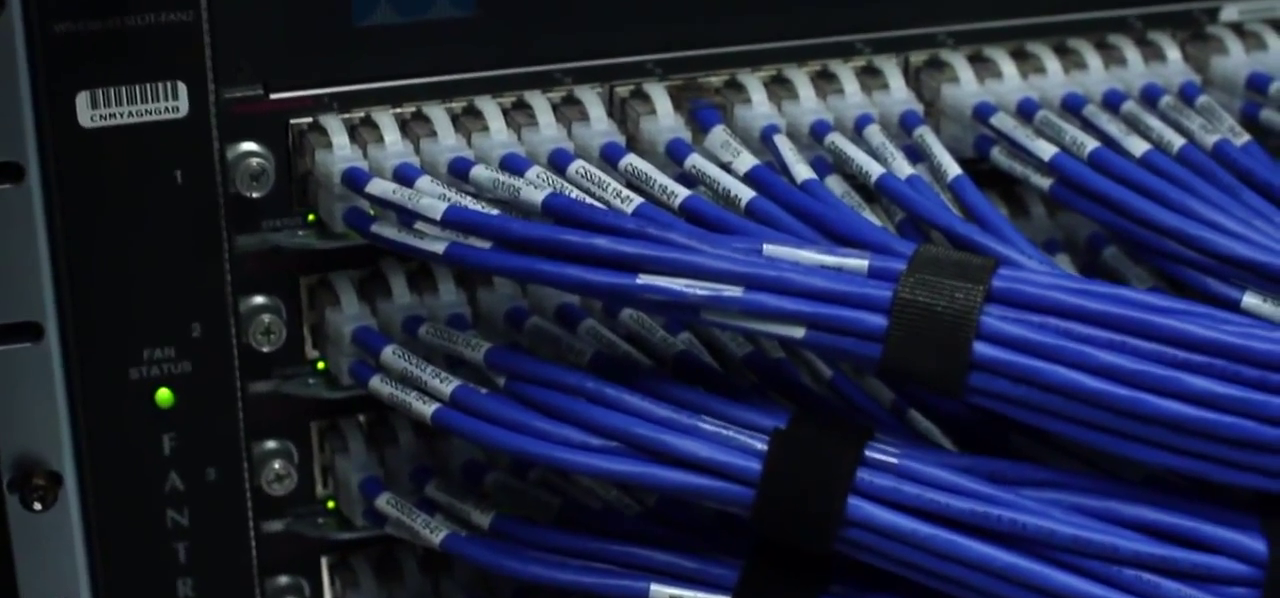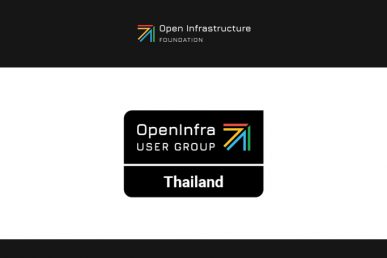The OpenSDN project, an open-source initiative rooted in the legacy of Tungsten Fabric, has just announced the release of its first production-ready version: OpenSDN 24.1. This milestone signifies a major step forward in providing a cutting-edge, stable, and secure solution for software-defined networking (SDN) that supports OpenStack, CloudStack, and Kubernetes!
A Brief History: From Tungsten Fabric to OpenSDN
OpenSDN is the direct successor to the Tungsten Fabric project, which itself was originally developed under the name Contrail/Open Contrail by Juniper Networks. With Tungsten Fabric now deprecated, OpenSDN emerges as a modernized, community-driven continuation, poised to support the evolving needs of network operators and developers.
The versioning of OpenSDN (starting with 24.1) adheres to the Tungsten Fabric numbering convention, where the first number indicates the year of the release—in this case, 2024. This consistency ensures a smooth transition for those familiar with Tungsten Fabric, offering continuity in version tracking.
What’s New in OpenSDN 24.1?
This release is packed with significant upgrades and improvements, focusing on modernization, stability, and streamlined operations:
Modernization: The project has fully migrated its codebase to Python 3, updated numerous dependencies, and switched from Thrift to CQL for the Cassandra driver. Additionally, the C++ codebase has begun modernization efforts, transitioning to C++11 with future plans to incorporate C++14 standards.
Stability and Security: A robust build and testing system has been implemented, with comprehensive scale and performance testing conducted in collaboration with NIPA Cloud, a leading cloud service provider based in Thailand. This focus on stability ensures that OpenSDN can meet the demands of large-scale network environments.
Streamlining: To better serve its user base, OpenSDN 24.1 has removed less-utilized features, including support for Mesos, VMware vCenter, and Windows. This allows the project to focus on the most relevant and widely-used technologies, providing a leaner and more efficient SDN solution.
Expanded Platform Support: OpenSDN 24.1 is compatible with a range of platforms, including Ubuntu 20.xx and 22.xx, Rocky Linux 9, and OpenStack versions up to 2023.2 (Bobcat), making it a versatile choice for various deployment scenarios.
Support Matrix: A list of tested combinations of platform, operating system, and deployers is available in this Google Sheet.
Growing Community and Ecosystem
Since the beginning of 2024, the OpenSDN community has seen encouraging growth:
LinkedIn Group: Membership has increased by 2.4%, with over 1,017 members now engaged in discussions and sharing insights.
Telegram Chat: Participation in the Telegram chat group has surged by 25%, with monthly messages ranging between 50 and 100, reflecting a vibrant and active community.
Contributor Activity: The project continues to attract a steady stream of contributors, with around 10 committers actively working on the project each month.
Discord Notifications: The project’s Discord channel, dedicated to build/release updates and software development lifecycle (SDLC) notifications, now has 42 members.
Get Involved
The OpenSDN project is more than just a software release; it’s a community-driven effort to advance open-source SDN technologies. Whether you’re an existing Tungsten Fabric user or new to SDN, now is the perfect time to explore what OpenSDN has to offer.
To dive deeper into the features and improvements in version 24.1, you can check out the full CHANGELOG here. Dockerhub hosts our official builds with this release tagged as “R24.1”. Join the conversation on Telegram, Discord, GitHub, or LinkedIn, and be a part of the next generation of open-source SDN.
- Zuul Community Answers Questions around Open Source CI at AnsibleFest - October 16, 2019
- Tapping into Roots to Accelerate Open Infrastructure Growth in Japan - September 4, 2019

)









